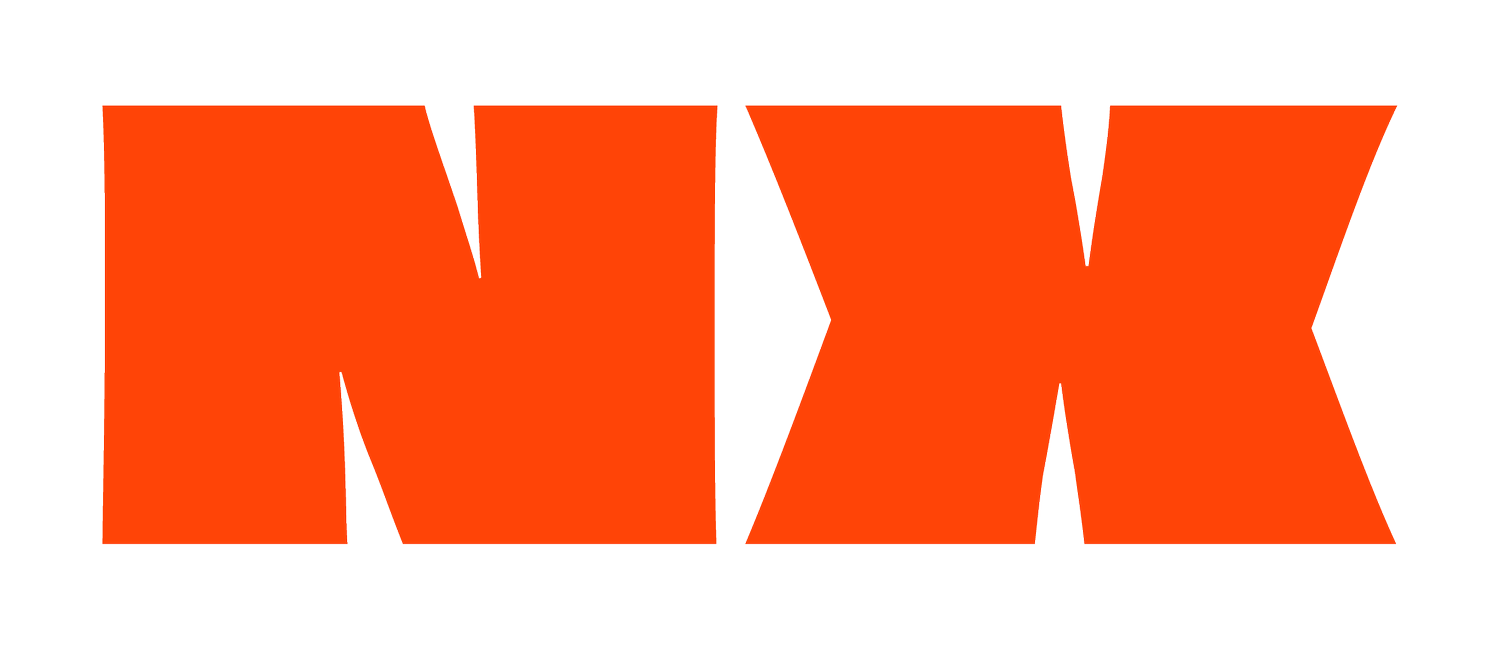Robust behavioural science with the efficiency of AI.
Our assessments are designed by qualified organisational psychologists and enhanced with intelligent automation - giving you fast, accurate insights you can trust.
Neuroworx has been around for nearly a decade. It began with a team of organisational psychologists and human experts designing high-quality assessments - built on behavioural science, not guesswork.
For years, we used those assessments to learn what really works - what people need, what signals matter, and how to measure potential in a fair, meaningful way. That validation process laid the foundation for everything we do now.
Today, those assessments have evolved into something much more powerful. We call it the Neuroworx Engine - a dynamic system that uses millions of data points to adapt in real time. The tests literally talk to you - getting harder or easier depending on how you respond. They’re called situational judgement tests, which means they’re constantly growing, improving, and adjusting based on how people engage.
This isn’t a static test bank or off-the-shelf tool. It’s years of research and technology, built to scale. And because of that, we can create fully customised assessments designed for the specific roles, behaviours, and capabilities your business actually needs.
FAQs
-
Our core assessments are written by qualified human experts — organisational psychologists who build everything based on evidence and behavioural science. AI is then layered on top to make those assessments smarter, faster, and more dynamic. It doesn’t replace the human insight — it scales and strengthens it.
-
It’s the intelligent system behind everything we do. Think of it as a brain built on years of research - combining the ODET database, behavioural science, human insight, and AI to create adaptive assessments. It processes millions of data points in real time to personalise each test for every individual. The questions actually respond to how someone answers - we call that a dynamic assessment.
-
Yes - completely. Because of how the Neuroworx Engine is built, we can tailor assessments to your exact roles, values, and behaviours. Whether you're hiring for leadership, creativity, or attention to detail — we can design something that fits your team, not just a generic model.
-
Fairness is at the heart of what we do. Every assessment is designed to reduce bias, give every candidate a level playing field, and focus on real-world potential - not perfect answers. Our dynamic, situational format means we’re not testing memory or gaming ability - we’re measuring how someone thinks and responds, in a way that’s backed by data and human science.
-
We use situational judgment tests, meaning candidates are placed in realistic scenarios and asked what they’d do. These aren't static or generic - they're dynamic. The test actually talks to you by adjusting in real time, getting harder or easier depending on how you're performing.
-
No. We’ve built in multiple layers of anti-cheating measures - like disabling copy/paste, blocking people from clicking away from the test window, and webcam monitoring. Our assessments are designed to assess how someone thinks, not just what they know - so even if someone tried to game it, the system would pick that up.
-
Yes - genuinely. Because the Neuroworx Engine is fully customisable, we can build assessments for everything from niche technical roles to complex leadership traits. Whether you’re testing for personality, behaviours, soft skills, or highly specific competencies, we can create something that fits your exact needs.
-
Our tests are built with neurodiversity in mind: clear language, no trick questions, and flexible formats that reduce cognitive overload. We avoid time pressure and verbal reasoning bias wherever possible, and our system can adapt to different needs — including screen readers, voice-over tools, and custom test flows.

